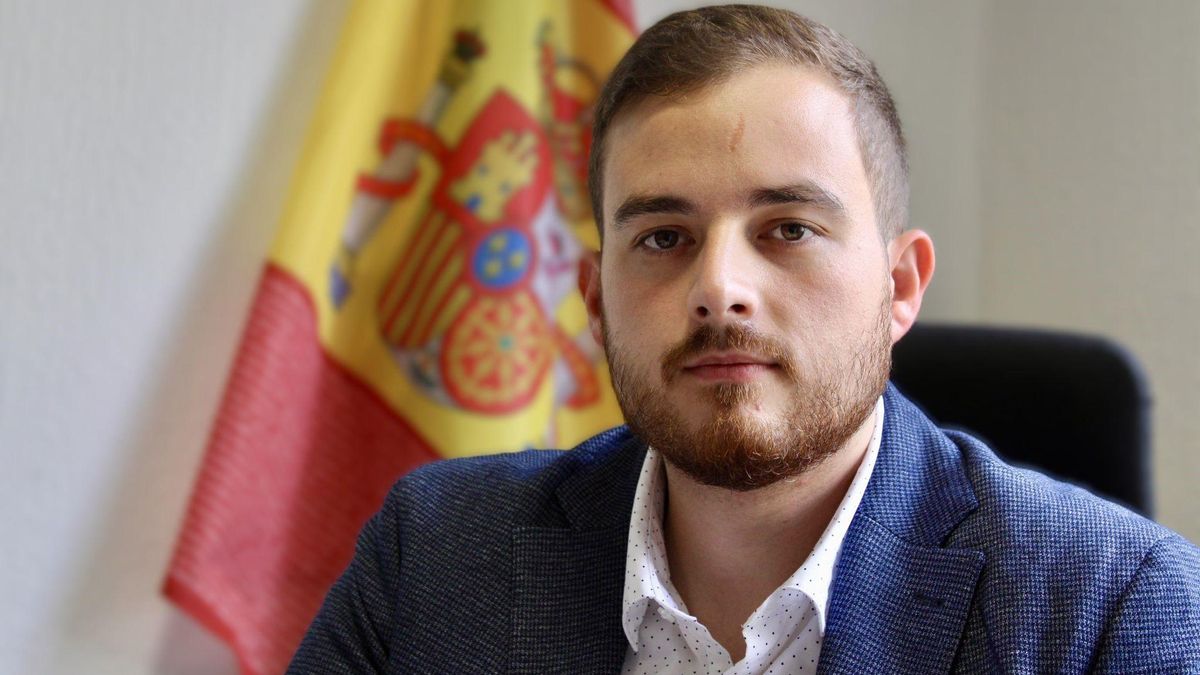The Cabildo Promotes Responsible Technology Use Among 3,000 Schoolchildren in Tenerife
The initiatives, which include the ‘Internet Without Risks’ and ‘Positive Surfing’ programmes, were implemented in 68 educational centres
The Cabildo of Tenerife is promoting responsible use of technology among 3,000 schoolchildren through the ‘Internet Without Risks’ and ‘Positive Surfing’ programmes. These initiatives aim to prevent cases of online bullying and to foster critical and responsible digital citizenship. The Councillor for Education and Employment, Efraín Medina, highlighted, “The Cabildo is committed to providing a safe and responsible digital education, developing programmes that encourage critical and innovative use of information and communication technologies in schools. Specifically, during the last academic year, we worked in 68 educational centres with various initiatives, among which the ‘Internet Without Risks’ and ‘Positive Surfing’ programmes stand out.”
The project’s various actions provide curricular support linked to the evaluation criteria for different educational levels. “We want our students’ digital competence to be comprehensive: safe, ethical, and creative. These programmes enable them to learn technology for life, not just for the classroom, and to show them the various tools and opportunities that technology provides in a safe manner,” Medina explained.
The objectives of the ‘Internet Without Risks’ programme include preventing different types of online bullying, encouraging reflection on personal digital attitudes and practices related to bullying situations, and promoting strategies for not engaging in bullying, identifying it, and addressing it effectively. It also aims to encourage a balanced use of screen time while fostering care strategies and the incorporation of healthy alternatives.
Another goal is to empower young people to adopt a critical approach to using digital technologies, helping them develop resilience against misinformation by fostering critical thinking, the use of reliable information sources, educational applications of AI, and responsible digital literacy. All content will be closely related to the development of emotional intelligence and relational responsibility, covering topics such as sexuality, self-image, self-esteem, access to and sharing of sexual content, online relationships, and emotional intelligence in a digital environment.













